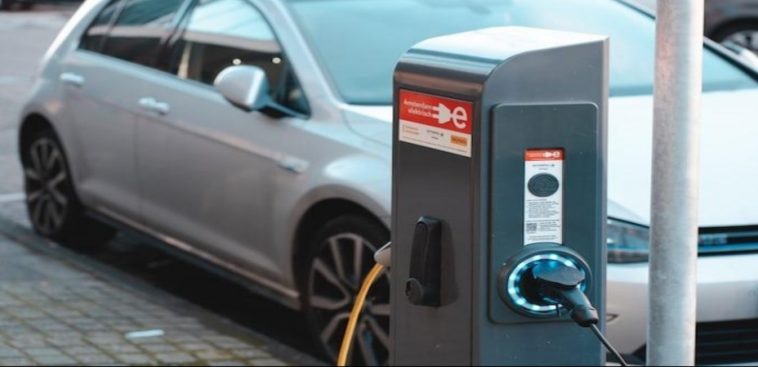In Kenya, the public transportation sector is leading the transition to electric vehicles (EVs), contrary to trends in developed nations where private cars dominate EV adoption.
Kenyan startups developing electric buses and motorbikes for public transit are enabling this shift as the country aims to reduce fossil fuel dependence.
In 2021, Nairobi began deploying the first commercial electric buses on city routes, following the rise in electric motorcycle taxis known locally as bodabodas. Companies like BasiGo and Roam are ramping up production of electric buses and bodabodas to electrify matatus and boda fleets.
BasiGo currently operates 19 e-buses in Nairobi and targets 1,000 vehicles by 2025. Roam is also launching EV buses this year and will begin mass production in 2023, in addition to its e-motorcycles already on Kenyan roads.
These startups are tapping into demand from public transit operators seeking to reduce fuel costs, which have nearly doubled over the last decade in Kenya.
By localising production, they can price EVs comparably to conventional vehicles and partner with financing companies like M-Kopa to boost adoption. Roam combines home and battery-swapping charging options for its e-motorbikes to maximise flexibility.
To support the transition, startups are building a network of swapping stations and chargers across Nairobi and beyond. Kenya Power is also installing public charging infrastructure, while the government is enacting EV-friendly policies like import duty exemptions.
With Kenya already generating over 90% of its electricity from renewables, the energy supply exists to power a shift to EVs. But the public transit sector is expected to continue driving EV adoption rather than private car owners.
Companies recognise this and are tailoring their products and charging networks to serve commercial fleets and operators providing essential transportation services. Electrifying matatus and bodabodas can significantly curb air pollution and emissions in congested urban areas.
Kenya’s EV startups are proving that African innovation can deliver locally-built solutions for sustainable mobility. Their progress demonstrates the vital role the public transit industry can play in spearheading the EV transition, especially in emerging economies like Kenya





